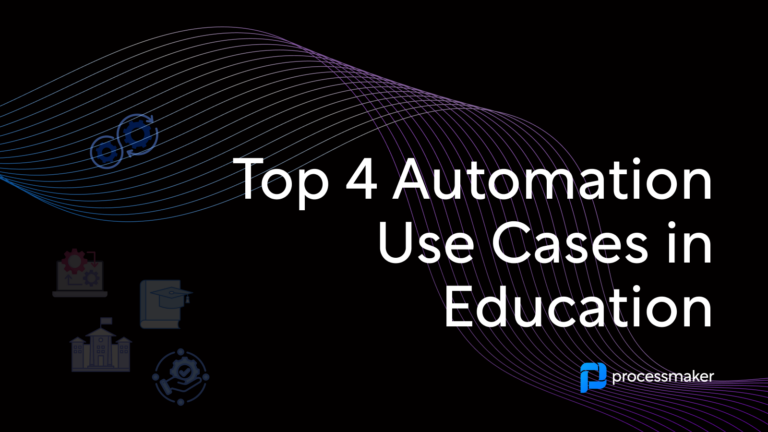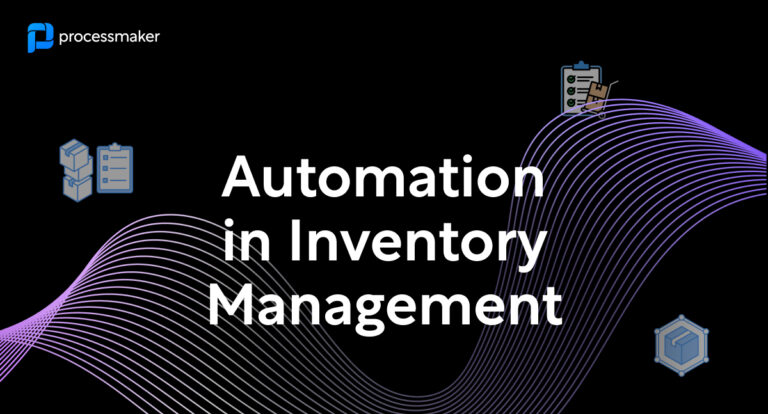
The transportation request process is of interest to teachers, principals, superintendents, and bookkeepers in a school system. Schools have to ensure every dollar is spent wisely, and so it’s vital that transportation requests are handled efficiently and accurately.
Whether the request is for a one-time service or a recurring transportation service, having a streamlined electronic transportation request process has countless advantages over a process based on phone calls and paper forms. With the right workflow software, you can create a transportation request process that fulfills the need of your school district, whether it consists of only a handful of schools, or dozens of them.
Types of Transportation Requests in K-12 Schools
Generally, there are three types of transportation requests school systems must process. One type of transportation request is for pre-approved, recurring district-level transportation needs for activities that may take place during or outside school hours. Examples would include transporting athletic teams or band members to regular events like football games.
Field trips are another type of activity involving a transportation request. These are generally one-time occurrences such as trips to museums. The third type of transportation request that many school districts process is the school-based transportation request for a single or recurring event like a student spectator bus for an athletic scrimmage.
Workflow software can allow you to create a single transportation request process that branches into slightly different electronic workflows based on the type of transportation request being made. This type of electronic workflow makes it easier to track expenses and ensure necessary transportation resources are available to those who need them.

Benefits of Automating the Transportation Request Process
Tracking expenses and allocating transportation resources effectively are only two of the benefits of developing an automated transportation request workflow. Such a process can ensure timely notifications to affected service staff, reduce paper and ink expenses, and ensure forms aren’t lost or damaged. Furthermore, an automated transportation request workflow creates its own audit trail as it goes along so that official records are always available and the status of any transportation request can be viewed by authorized personnel at any time. No longer will planning transportation involve endless phone tag and messages that can be missed, and there is never any question about whether transportation resources are available or approved, so fewer misunderstandings will result.
Typical Steps Involved in the Transportation Request Process
Exactly how a particular school system designs its transportation request workflow depends on several factors, including how many students and schools the system serves, and which recurring activities a school participates in. Generally, however, the transportation request workflow consists of steps like:
• Transportation requestor initiates request
• Email is automatically generated and delivered to principal or other approving authorities
• If approved, requestor and other affected personnel are automatically notified via email
• Trip information sent to the routing coordinator to plan a route
• Transportation pool supervisor notified to assign an appropriate number of vehicles and drivers
• Drivers enter necessary trip information (mileage, mechanical problems, etc.) after the trip
• Correct department or school is invoiced for transportation services
• Accounts Payable pays for services, and receipt is generated electronically
Taking care of all those steps with paper forms and endless phone calls increases the risk for mistakes, misunderstandings, and lost or damaged forms. Worse still, communication with all affected personnel isn’t guaranteed, so last-minute problems are more likely. As an electronic workflow, however, a transportation request is faster, more accurate, and more accountable, from request initiation to closing out the workflow when payment is received and a receipt is issued.
Even in a very small school system, creating an automated electronic workflow for transportation requests makes sense because it saves significant amounts of staff time and helps ensure every dollar is tracked more closely. The audit trails generated can offer information about trends in transportation needs and costs for better budget forecasting, and communication is better throughout the process.
ProcessMaker is open-source electronic workflow software that allows users to create perfectly-tailored processes, either using one of the many built-in templates or from scratch, all without having to write programming code. Better still, you can test drive the ProcessMaker Enterprise Edition or download the ProcessMaker Community Edition for free. Your school system no longer has to put up with a transportation request process that’s inefficient and error-prone, because your students and personnel deserve better.





